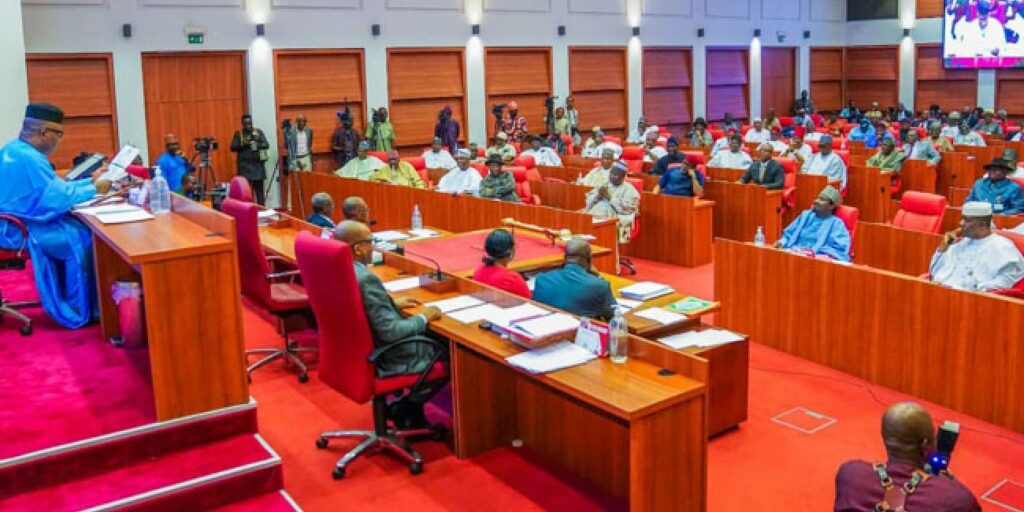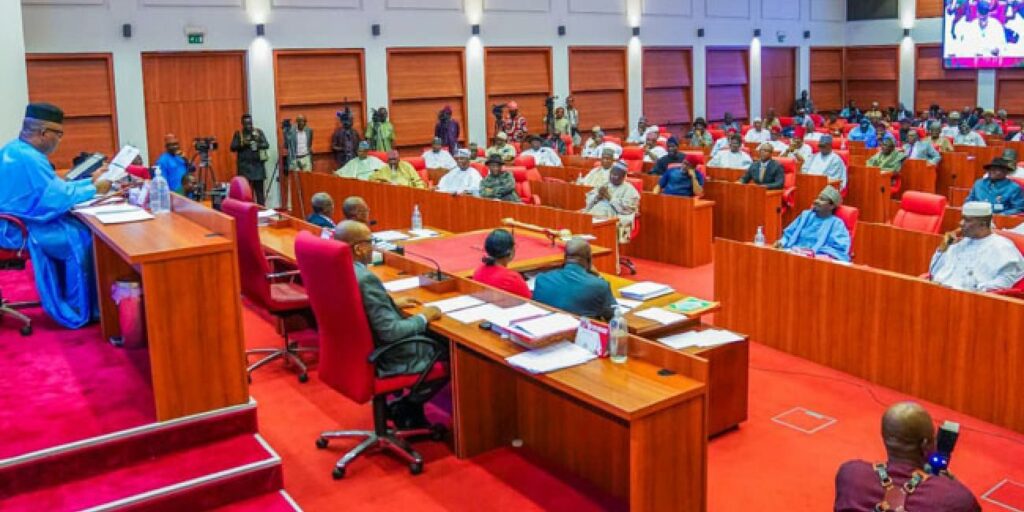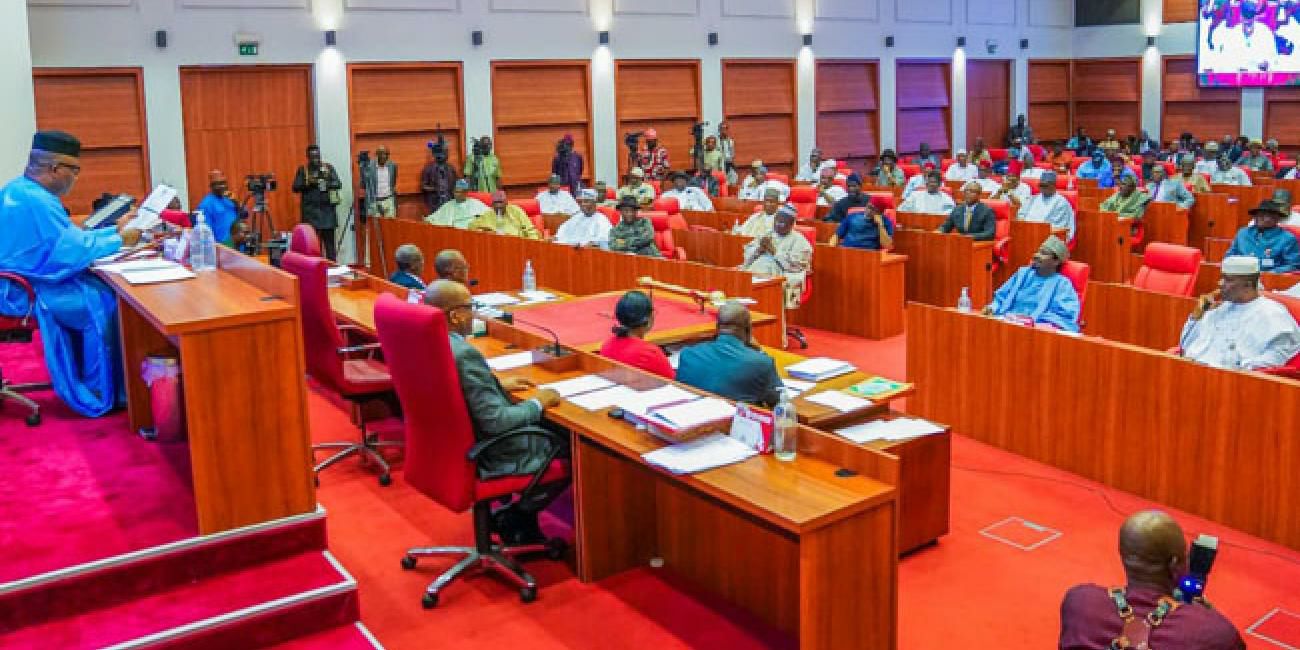
The Nigerian Senate has advanced four major tax reform bills to the next legislative stage by passing them for a second reading on Thursday. The proposed legislation seeks to streamline tax administration, establish key institutions, and update existing tax laws.
The bills, which include the Nigeria Tax Bill 2024, the Tax Administration Bill, the Nigeria Revenue Service Establishment Bill, and the Joint Revenue Board Establishment Bill, aim to improve revenue collection and resolve disputes arising from tax administration. Among the proposed changes are the creation of a Joint Revenue Board, a Tax Appeal Tribunal, and a Tax Ombudsman Office, as well as reforms to replace the Federal Inland Revenue Service (FIRS) with a newly structured Nigeria Revenue Service.
Despite these goals, the bills have sparked controversy, particularly among northern stakeholders and governors, who have expressed opposition.
During the debate, Senate President Godswill Akpabio referred the bills to the Committee on Finance, chaired by Senator Sani Musa (APC, Niger East), for further scrutiny. The committee is expected to provide its report within six weeks.

Leading the debate, Senate Leader Senator Opeyemi Bamidele (APC, Ekiti Central) emphasized the necessity of overhauling Nigeria’s tax framework to enhance transparency and efficiency. He noted that the reforms would promote better coordination in tax administration and facilitate smoother dispute resolution.
In his remarks, Senate President Akpabio stressed the importance of stakeholder engagement, announcing plans for a public hearing that will involve tax experts, members of the Nigeria Governors Forum (NGF), traditional rulers, and other relevant parties. “Our priority is to deliver tax reforms that are in the best interest of the Nigerian people and the nation,” Akpabio stated.
These bills stem from recommendations by the Presidential Committee on Fiscal and Tax Reforms, chaired by Taiwo Oyedele. President Bola Tinubu had transmitted the proposed legislation to the National Assembly in September as part of broader efforts to modernize Nigeria’s fiscal policies.
The Nigeria Tax Bill 2024 seeks to establish a clear fiscal framework for taxation, while the Tax Administration Bill aims to simplify the legal structure governing taxes. Collectively, these reforms are expected to address inefficiencies and foster economic growth.






